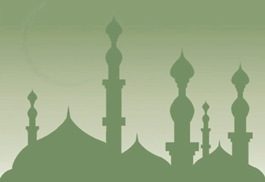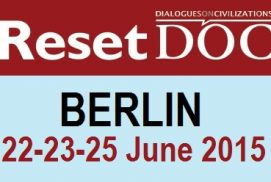29 November 2019
Search Results for: Letizia Durante
-
-
23 June 2021
-
27 October 2015Convegno organizzato da Reset-Dialogues on Civilizations nell'ambito del progetto Arab Media Report con il contributo del Ministero degli Affari Esteri e della Cooperazione Internazionale.
-
25 June 2015Almost 25 years after the collapse of the Soviet Union, the process of “re-composition” of a Moscow-dominated political space is still under way. Under the influence of different traditions, factors, events and interests, Russia seems to have developed a new version of the “power state” that dominated European history until the 20th century’s tragedies. What was the weight of the Soviet legacy and of the crises of the 1990s in this development? What has been the influence of political leaders and intellectuals, siloviki, and economic elites on the current Russian political thought? To what extent have external factors – such as NATO enlargement, the enlargement of the European Union toward East and the ongoing crisis over Ukraine – contributed to shape this thought? What place for minorities and cultural differences does this political trend leave? How does the idea of a “power state” influence Russia’s foreign policy and international relations?
-
2 July 2012Find us here
-
27 September 2011Find us here




